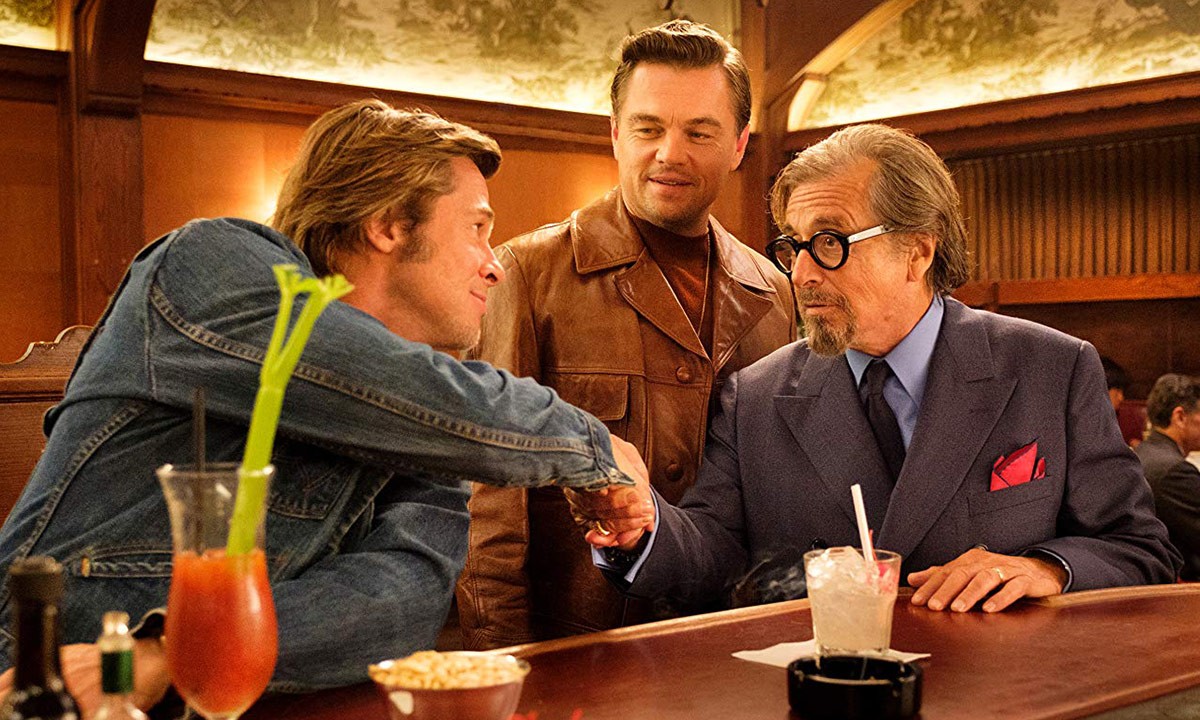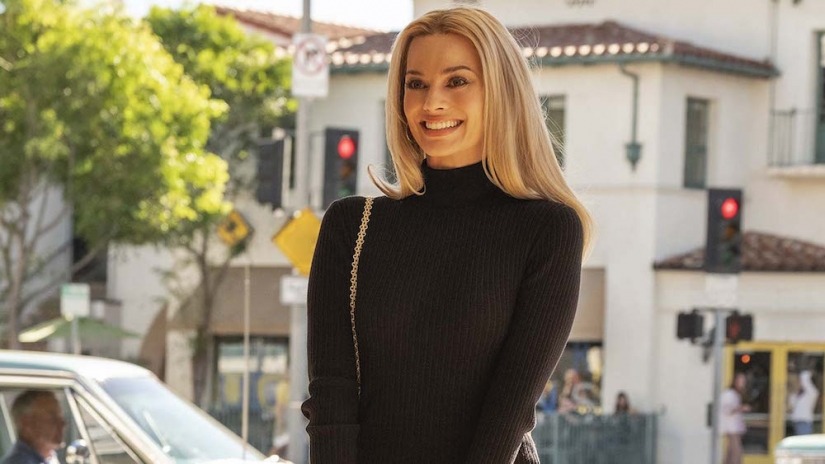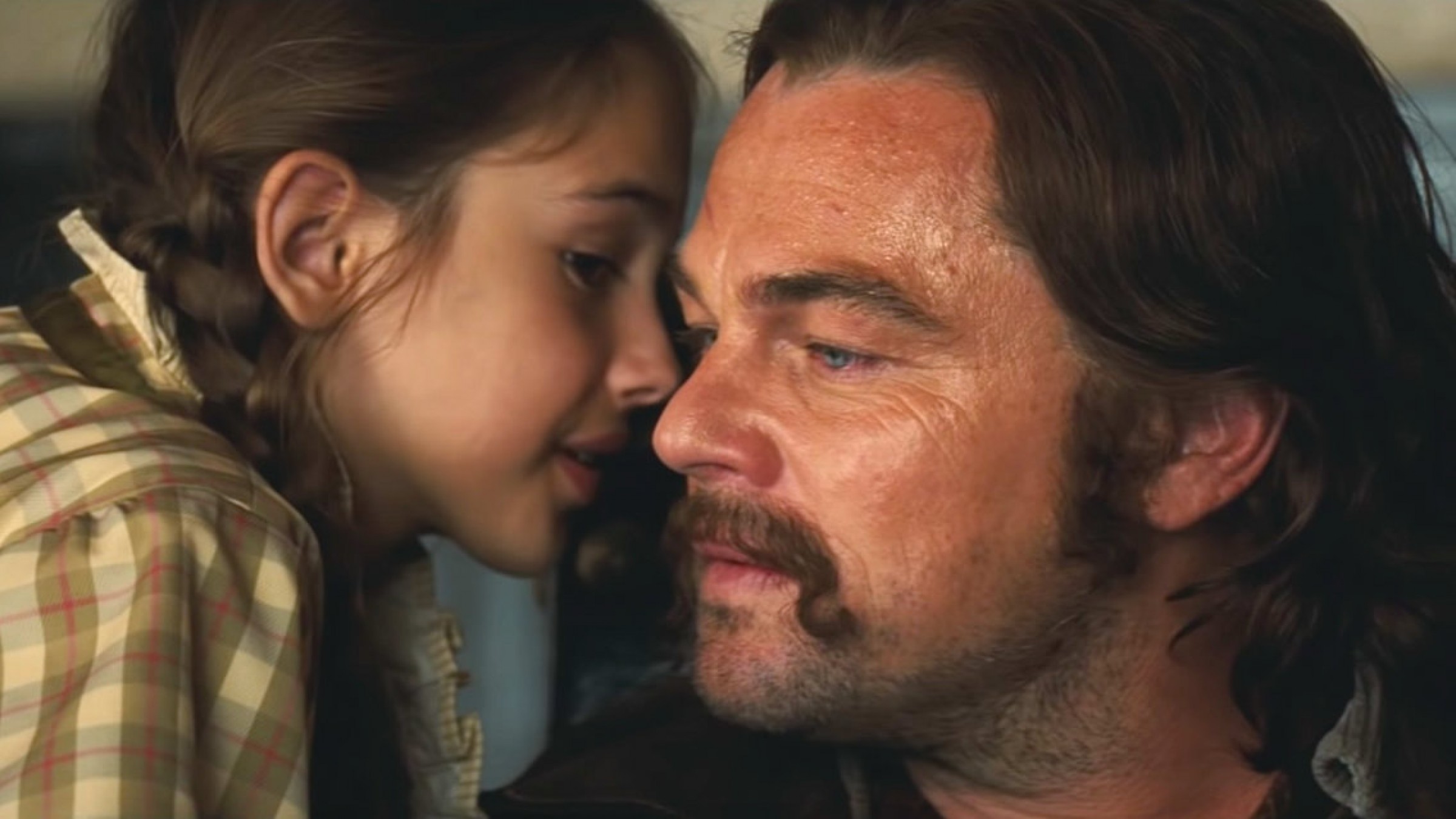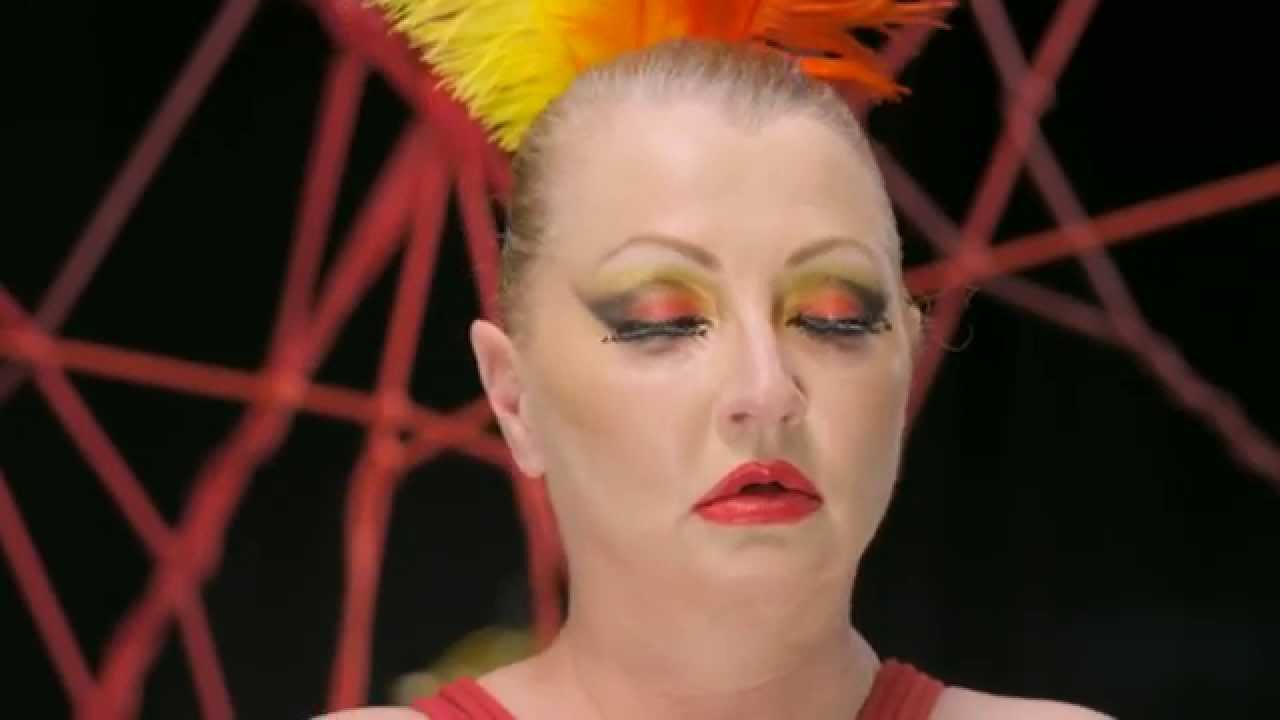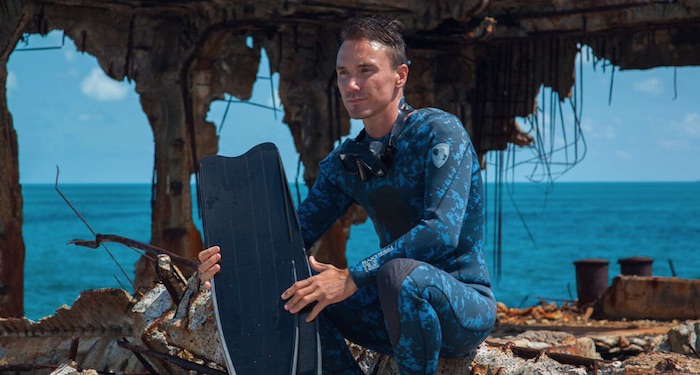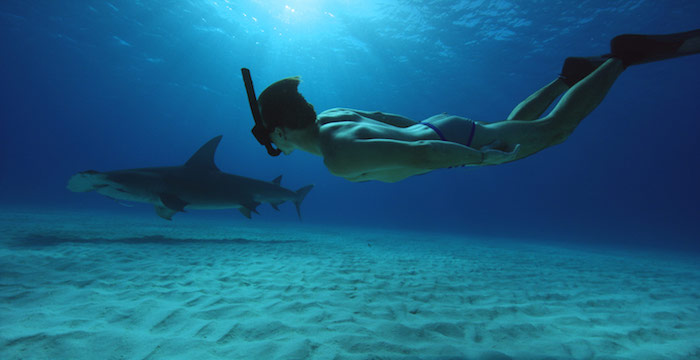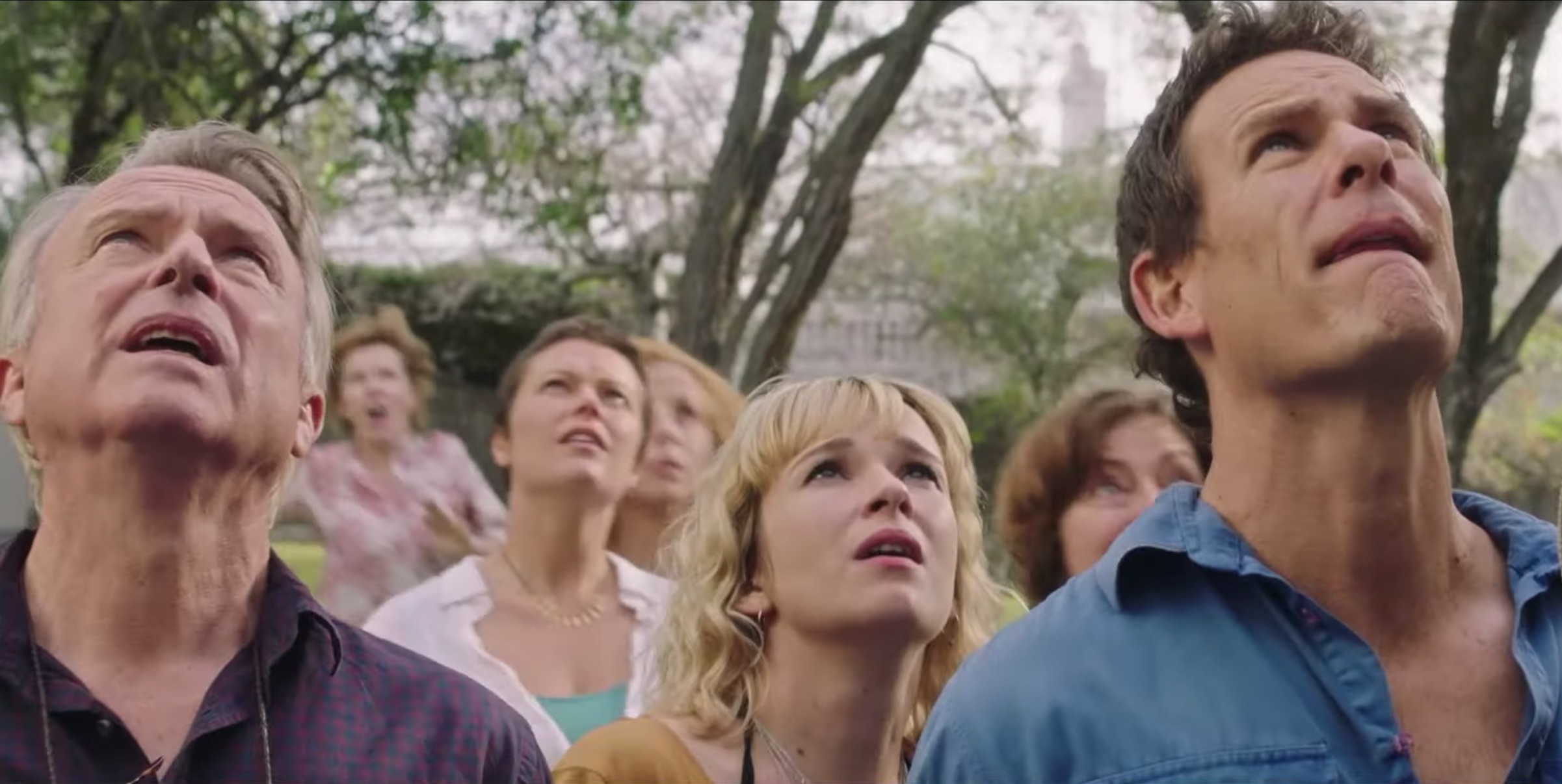THE BANANA SPLITS MOVIE
 Sunday, September 15, 2019 at 9:27AM
Sunday, September 15, 2019 at 9:27AM Stars: Dani Kind, Finlay Wojtak-Hissong, Romeo Carere, Steve Lund, Maria Nash, Naledi Majola, Richard White, Sara Canning, Celina Martin, Lia Sachs, Keeno Lee Hector, Kiroshan Naidoo and Lionel Newton.
Writers: Jed Elinoff and Scott Thomas
Director: Danishka Esterhazy
Rating: ★ ★ ★

Fifty years after they made the furry, nonsensical, slapsticky debut as part of NBC’s Saturday morning roster, The Banana Splits return…in a splattery horror romp that’s about as far from the spirit of the old TV show as you can get. Not a bad approach, per se; little about the silliness of their dated, pseudo-psychedelic antics holds any sway today, no matter what ironic millenials and ageing Gen-Xers offer up as evidence of The Splits’ enduring appeal. So if a reboot of the property was going to happen it might as well be in this all-or-nothing mutated form. Just that…well, maybe director Danishka Esterhazy and scripters Jed Elinoff and Scott Thomas didn’t go hard enough.
Perky tot Harley (Finlay Woitak-Hissong) may be the only fan of The Banana Splits under 40, but a fan he is and a devoted one at that. When his mom Beth (Dani Kind) scores family tickets to a taping of the show, birthday-boy Harley envisions a life-altering meeting with his hero, Snorky, and the other Splits - Drooper, Fleegle and Bingo. But a new network regime decides to cancel the show; Harley’s birthday outing will be the final episode.
No self-respecting Banana Split will give up their studio gig without a fight, no matter how decrepit and dusty the venue appears (and it often appears more like a silent-era horror-film laboratory than even the most rundown backlot space). With their circuitry rewired (to paraphrase Yaphet Kotto, the Splits are goddamn robots), the four wacky friends up tools, including an oversized, colourful hammer and the iconic ‘Banana Buggy’, and begin the bludgeoning. Standing in the way momentarily are dickish stepfather Mitch (Steve Lund), entitled internet creep Thadd (Kiroshan Naidoo) and pushy stage dad Jonathan (Keeno Lee Hector), whose determined to turn his daughter (Lia Sachs) into the next Sour Grapes Bunch starlet.

The Banana Splits Movie is essentially a silly riff on Michael Chricton’s 1973 theme-park-gone-bad thriller Westworld or, perhaps more accurately, The Simpsons parody episode, ‘Itchy & Scratchy Land’. When the Splits go off-program, their eyes glow red, just as the robot-mouse and robot-cat did in that Season 6 Episode 4 classic. Having shown her skill as a stylish storyteller with the dystopian sci-fier Level 16 (2018), Canadian Esterhazy nails the mood and staging of some solid kills, but isn’t given much to play with in terms of character or narrative by Elinoff and Thomas.
One senses there is a bit more sly commentary to be made about the modern entertainment industry and its regressive reliance on pop-culture brands, or how clinging to the idols of our childhood is not the healthiest of traits. The Banana Splits Movie toys with those themes but doesn’t dive deep. Which is fine, given this is a film about 60s kids-TV characters on a killing spree, a goal it achieves admirably. But it would have been more heartening if the resurrection of The Banana Splits had been in the service of some slightly more resonant establishment cage-rattling, the kind synonymous with the group’s hippy culture origins.
